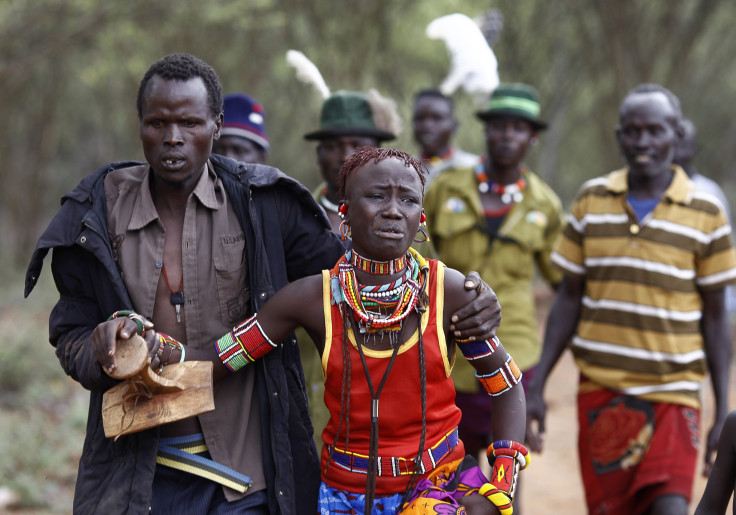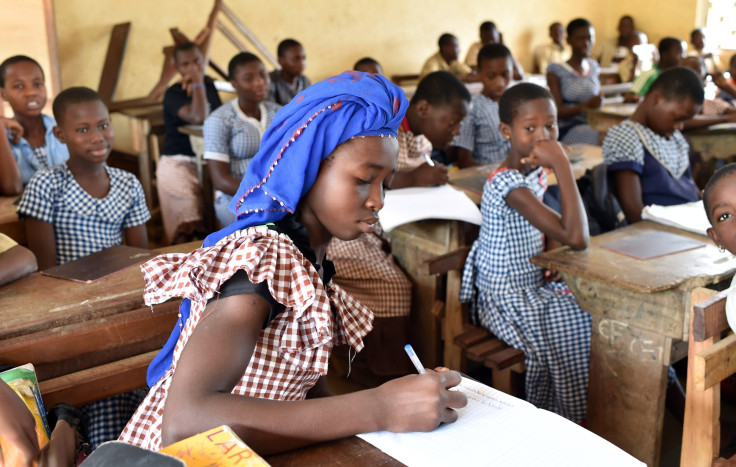Child Marriage In Sub-Saharan Africa: Goats, Chickens, School Supplies Delay Girls From Marrying Young, Study Says

Curbing child marriage in sub-Saharan Africa can take as little as providing girls with goats, chickens and schoolbooks, a study published Wednesday says. Research trials lasting three years in Tanzania and Ethiopia found girls between ages 12 and 17 were less likely to get married when offered schools supplies or economic incentives such as farm animals for every year they continued their education. The study found that community conversations about social norms can also help delay marriage, Reuters reported.
More than one-tenth of girls in sub-Saharan Africa are married by age 15, and 4 in 10 are married by age 18. Girls who marry before their 18th birthday are more likely to become victims of domestic violence than those who marry later. Education has been a critical factor in preventing child marriage in a number of developing nations. Girls with higher levels of schooling are less likely to marry young, the International Center for Research on Women in Washington, D.C., says. The Population Council, which carried out the recent study, found it doesn’t cost much to provide the educational support, economic incentives and community conversations necessary to delay marriage.
"Child marriage is not an intractable tradition," lead researcher and Ethiopia country director Annabel Erulkar said in a statement that Reuters obtained Friday. "When families and communities recognize the harms of child marriage, and have economic alternatives, they will delay the age at which their daughters get married," she said in a statement.

Erulkar and her team of researchers from the Population Council conducted trials in Ethiopia’s Amhara region. The study found that girls aged 12 to 14 who received school supplies were 94 percent less likely to be married at the conclusion of the study than those who had not. Girls aged 15 to 17 in the Amhara region were 50 percent less likely to get married when given two chickens for every year they stayed in school, the research revealed.
In Tanzania’s Tabora region, where the marriage rate for 12- to 17-year-old girls is 8 percent, the study found that offering two goats to girls aged 15 to 17 led to a two-thirds drop in early marriage. In both countries, the positive results stemmed from a combination of educational and economic incentives, as well as community discussions about the damaging effects of child marriage. The three interventions cost just $44 per girl per year in Ethiopia and $117 in Tanzania, the study said.
"When families and communities recognize the harms of child marriage, and have economic alternatives, they will delay the age at which their daughters get married," Erulkar said in the statement that Reuters obtained.
© Copyright IBTimes 2024. All rights reserved.











